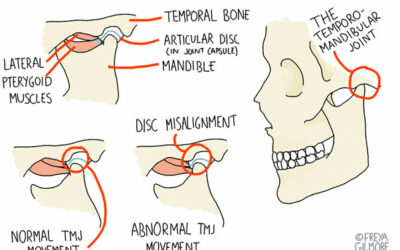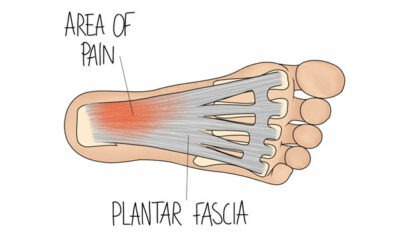 Take a look in your kitchen spice cupboard or drawer. We’ll bet you never knew the medicinal properties of those colourful drums of powder in there.
Take a look in your kitchen spice cupboard or drawer. We’ll bet you never knew the medicinal properties of those colourful drums of powder in there.
It’s believed that common spices may help to protect against certain chronic conditions, such as cancer, diabetes and heart disease. These magic ingredients used in many everyday foods contain thousands of healthy phytonutrient compounds that can easily be incorporated into our daily diets.
Here we take a look at how you can spice up your health with our magnificent seven of health boosting spices.
Turmeric
Nutritional gold dust for sure, turmeric contains the compound curcumin which has anti-inflammatory and anti-oxidant properties and can neutralise free radicals, the by-products of metabolism that can lead to diseases such as cancer.This golden spice brings benefits to the cardio vascular system too, helping to thin the blood, and may even reduce the risk of type 2 diabetes.
Cumin
Thanks to an abundance of iron, the presence of essential oils, vitamin C and vitamin A, cumin seeds offers a real boost to our immune system. Cumin aids digestion and can help in the treatment of respiratory disorders such as asthma and bronchitis by acting as an expectorant. It can help lower cholesterol, and some studies have shown that cumin can help fight diabetes.
Chilli
Chilli is a nutritional powerhouse. It contains high levels of vitamin C and beta-carotene. It can also help to reduce blood pressure – the chemical capsaicin, found in chilli seeds and the white membrane that holds them in place, has a relaxing effect on the muscular walls of blood vessels. This enlarges the blood vessels, reducing the pressure of blood flowing through them.
And you may have heard of people get a kick out of eating spicy foods – that’s because capsaicin can trigger a release of endorphins, powerful ‘feel good’ hormones.
Coriander seeds
These little round seeds contain many plant-derived chemical compounds known to be anti-oxidant and to prevent disease including some cancers.Adding them to your cooking can help to lower blood sugar levels too. Plus, the fatty acids and essential oils they contain can promote good digestion. Coriander seeds are also an excellent source of vital minerals like iron, copper, calcium, potassium, manganese, zinc and magnesium, and many B-complex vitamins like thiamin, riboflavin, and niacin.
Cinnamon
The healing abilities of cinnamon come from the essential oils found in its bark. Great for battling diabetes, antioxidant compounds in cinnamon help prevent spikes and dips in blood sugar levels by improving the way our cells metabolise glucose.Research has shown that eating half a teaspoon of cinnamon daily could reduce risk factors for diabetes and heart disease within six weeks. And some studies suggest that cinnamon contains properties than inhibit the development of Alzheimer’s disease.
Ginger
Gingerol, a chemical in ginger, is thought to reduce inflammation and block nerve pathways that process pain. Ginger also has a reputation stretching back centuries for helping ease digestive discomfort and improving the absorption of essential nutrients. And now modern scientific research has revealed that ginger possesses numerous therapeutic properties including antioxidant effects too.
Nutmeg
What can’t nutmeg do?! It can offer relief from digestive problems, boost blood circulation, treat kidney infections and promote restful sleep. It contains key minerals potassium, calcium, iron and manganese that keep the immune system strong, and is rich in protective anti-inflammatory compounds that can lower the risk of cancer by stifling tumour growth. This flavoursome spices also boasts antibacterial properties that protect the teeth and gums, and a natural organic compound called myristicin, which is known to shield the brain against degenerative disease such as Alzheimer’s.



0 Comments